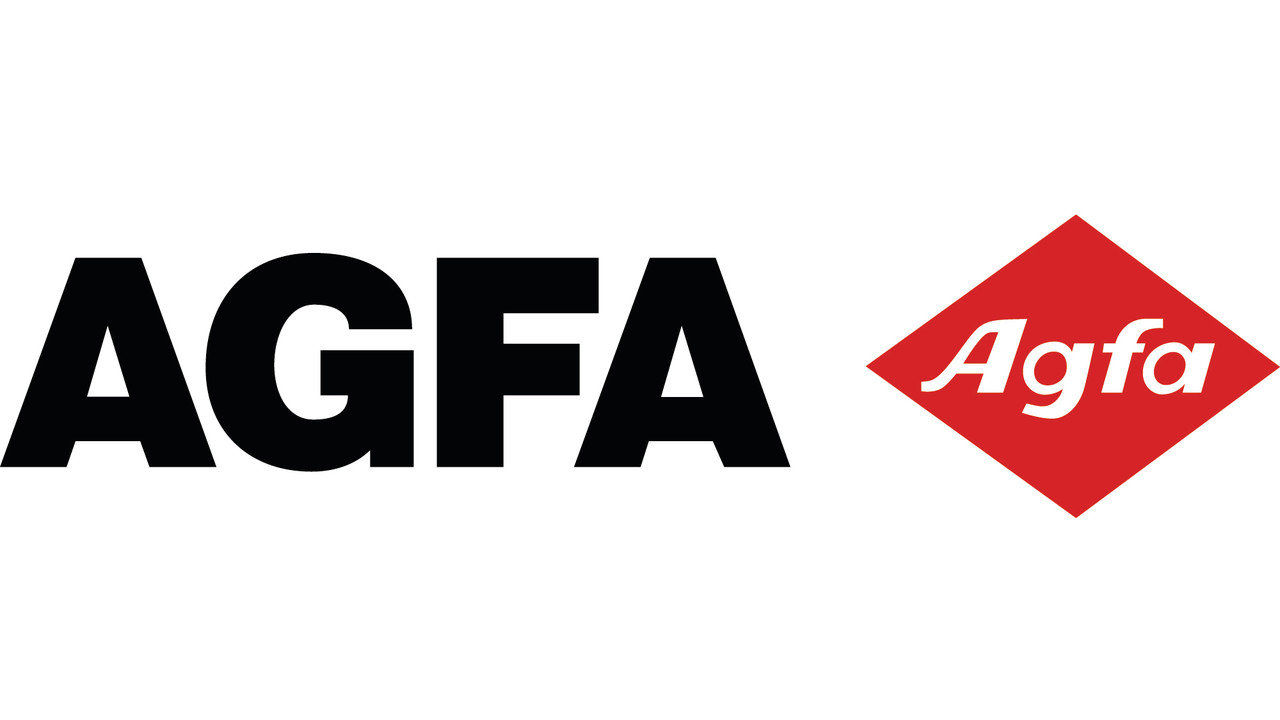Scandal rocks German media giant on brink of global expansion
Axel Springer is accused by ex-employees of turning a blind eye to sexual misconduct at flagship title Bild
That Axel Springer, a media empire built on digging up stories of sex and sleaze among the rich and famous, should have turned a blind eye to sex and sleaze within its own offices will hardly have come as a shock to its readers.
A chauvinistic “Wolf of Wall Street” office culture at its flagship title Bild has always been plain to see, say former staff members at the German media giant, named after its five-times-married founder who died in 1985.
What has surprised many in Germany this week, however, is that the most powerful media publisher operating in Europe got caught out trying to draw a veil over such goings-on, just as it embarks on an ambitious plan of global expansion.
On Monday night, Axel Springer SE suspended the editor-in-chief of Europe’s highest-selling tabloid, Bild, after articles in the New York Times and Der Spiegel revealed unknown details of a compliance investigation into allegations of sexual misconduct and bullying.
New information “obtained over the last few days”, the company said in a statement, had shown that editor Julian Reichelt had “failed to maintain a clear boundary between private and professional matters” and been “untruthful to the executive board.”
In fact, the article published by the New York Times had mainly cited testimonies given to investigators from a law firm that Axel Springer itself had commissioned after complaints from half a dozen female staff members.
They alleged that Bild’s editor promoted a female trainee eleven years his junior to a high-level newsroom job, that she herself felt she wasn’t ready for, while having an affair with her. According to a follow-up article in Der Spiegel, the woman felt professionally beholden to Reichelt and later sought psychiatric care.
This case is alleged to be part of a wider pattern whereby Reichelt maintained consensual sexual relations with at least four young women, whom he singled out for praise and prematurely elevated to important roles before dropping them.
In a video statement released on Wednesday, Axel Springer’s chief executive, Mathias Döpfner, said he had not seen the testimonies cited by US media when he reinstated Reichelt to a powerful role at the front of Bild’s multi-platform universe after a 12-day suspension in March this year. Döpfner stressed that the “culture problem” was specific to Bild not his entire publishing house, which has 16,500 employees in more than 40 countries.
But former Axel Springer employees say the company’s senior management would not have required a compliance procedure to find out what was going on in the offices of its lead title.
“Everyone talked about this very openly”, said one ex-member of staff who was working at the tabloid at the time of the events that led to Reichelt’s sacking. “If a female trainee had an affair with the editor, she could rise to the next level.”
“You had senior editors greeting new trainees with a wink on their first day, they’d make a show of checking you out as you walk across the office,” said the female ex-employee, who spoke on condition of anonymity. “There is still this 80s macho culture, it’s like The Wolf of Wall Street.”
“Women are referred to as Mäuschen (roughly: “pumpkin”) or Prinzessin (“little princess”) whatever their role, it’s that kind of place”, another former Bild worker said.
Had it not been for Axel Springer’s global expansion plans, such workplace practices may have been continued to be tolerated. An investigation into the Reichelt scandal by a team of former BuzzFeed reporters was halted at the last minute by their current employer, Ippen Digital, which denies that it killed the article due to pressure from Axel Springer executives.
But after its takeover of US political publication Politico, completed on Tuesday and reported to be worth about $1bn (£0.7bn), the German firm is being held to higher international standards. The report in the New York Times was published six days after Axel Springer’s majority owners, US private equity firm KKR, announced that its co-founders Henry Kravis and George Roberts are stepping down as co-chief executives.
Even after Reichelt’s ousting, Axel Springer’s dealings will continue to be scrutinised closely. In Germany, the biggest shockwaves have been caused not by allegations of power abuse but the wording of a leaked text message that the New York Times attributes to Döpfner.
In the message, Döpfner appears to argue that Reichelt deserved special protection because he was “really the last and only journalist in Germany who is still courageously rebelling against the new GDR authoritarian state” – a reference to socialist East Germany’s one-party political system. “Almost all the others have become propaganda assistants”, said the message, which Axel Springer have confirmed as genuine while suggesting they are to be read with a note of irony.
Döpfner, a former music critic, has until now cut a respectable figure in public life. A former visiting professor at the University of Cambridge, as well as the president of the Federation of German Newspaper Publishers, he presents himself as a serious public intellectual who doesn’t merely manage a business but gives lectures on the challenges of digital transformation and the role of freedom in the global west.
Bild, meanwhile, under Reichelt’s editorship returned to the pugilistic, divisive form of reporting that turned the tabloid into the bete noire of Germany’s new left in the 1960s and 70s, railing against political correctness, the government’s Covid-19 restrictions and the country’s leading coronavirus expert, Christian Drosten.
In the future, Döpfner will face the question of whether Bild’s bunker mentality is not just a strategic editorial course but indicative of a wider philosophy underpinning his publishing empire.
Lire : The Guardian du 22 octobre









































